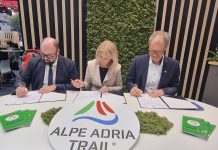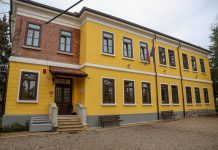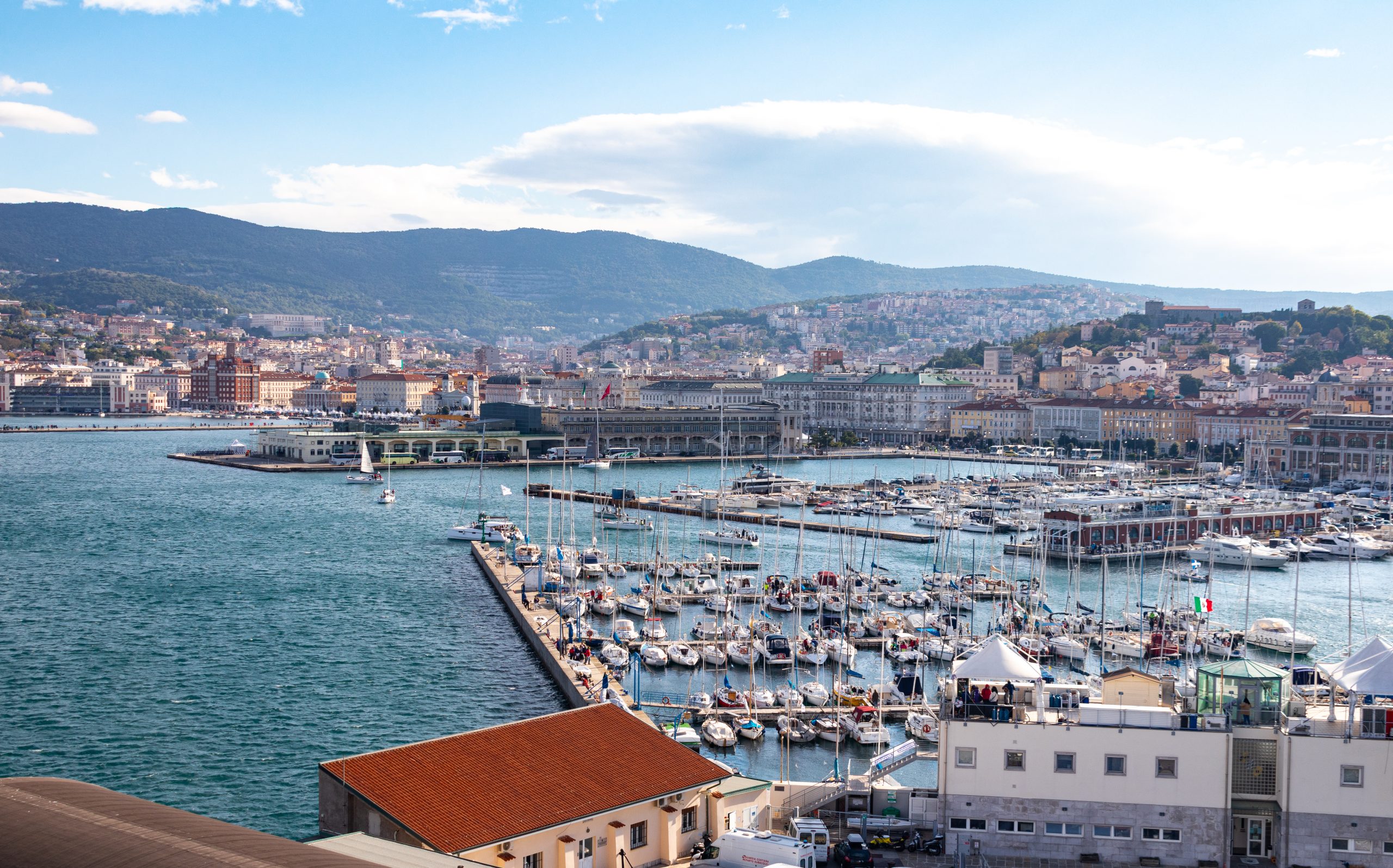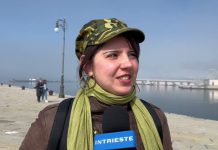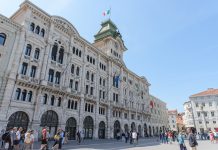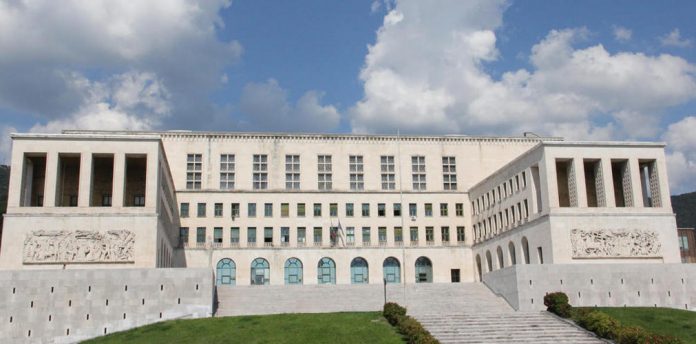by InTrieste
Starting September 3, the city will host a series of events dedicated to one of the most pressing issues of the era: climate change and how societies can adapt to it.
The initiative, titled Let’s Change! Il clima sta cambiando. Parliamone (“The climate is changing. Let’s talk about it”), is organized by the Department of Engineering and Architecture at the University of Trieste. Co-financed by the university, the program combines public discussions, film screenings, and educational workshops, with a focus on making scientific knowledge accessible to a broad audience. Events will continue through early 2026.
The program comes at a time when Trieste, like many cities along the Adriatic coast, is experiencing the effects of rising temperatures, flooding, and other extreme weather events. Organizers describe the initiative as an effort to connect researchers, citizens, and local institutions in an open dialogue about how best to respond.
“Climate change is no longer abstract—it is already reshaping our cities, our infrastructure, and our health,” the organizers said in a statement. “Sharing knowledge and preparing communities is essential to confronting the challenges ahead.”
A Focus on the Next Generation
The project places particular emphasis on students, with activities designed for both high school and university participants. Workshops created in collaboration with Immaginario Scientifico, a local science center, will introduce younger audiences to concepts such as renewable energy, sustainable building practices, and the use of interactive methods like LEGO Serious Play to imagine future scenarios.
All activities are free of charge and intentionally multidisciplinary, encouraging conversations that bring together perspectives from engineering, urban planning, social sciences, and the arts.
Conversations Across the City
Events will unfold across several cultural venues in Trieste, beginning September 3 at the historic Caffè San Marco with a discussion on electric buses, rare earths, and the geopolitics of energy, led by researchers Alois Bonifacio and Andrea Mio. Later sessions will examine how urban spaces can be redesigned to withstand floods and heat waves, the role of technology in the energy transition, and how everyday choices—from housing to mobility—affect climate impact.
On September 23, the Bar Libreria Knulp will host a conversation titled The City That Suffocates and Submerges, addressing the health and economic effects of climate-related changes in Trieste. Another event, scheduled for October 17 at Stazione Rogers, will focus on the global rise of renewable energy and the technologies enabling that shift.
Climate on the Screen
The program also includes cinema. On October 21, Trieste’s Ariston Theater will screen Bong Joon-ho’s Snowpiercer, followed by a discussion connecting the dystopian allegory with current debates about resource distribution and survival. In November, the theater will show 2040, Damon Gameau’s documentary exploring sustainable futures through the eyes of the filmmaker’s young daughter.
A Dialogue Between University and City
To extend its impact, the project will produce a series of downloadable notebooks summarizing the discussions and outcomes of public questionnaires, available on its website. Organizers hope these records will serve as both a resource and a starting point for future debates between the university and the wider community.
The initiative will also intersect with Trieste Next, the city’s annual science research festival. On September 26, a panel titled In the Water, In the Heat: Cities in Transition will invite students to explore how urban areas can adapt to new environmental realities.
With the climate crisis demanding action on multiple fronts, the project’s organizers describe the effort as both scientific and civic: an attempt to bridge knowledge and participation. As one of Italy’s most outward-looking port cities, Trieste, they suggest, may serve as a testing ground for how knowledge-sharing can help communities imagine—and prepare for—the future.



